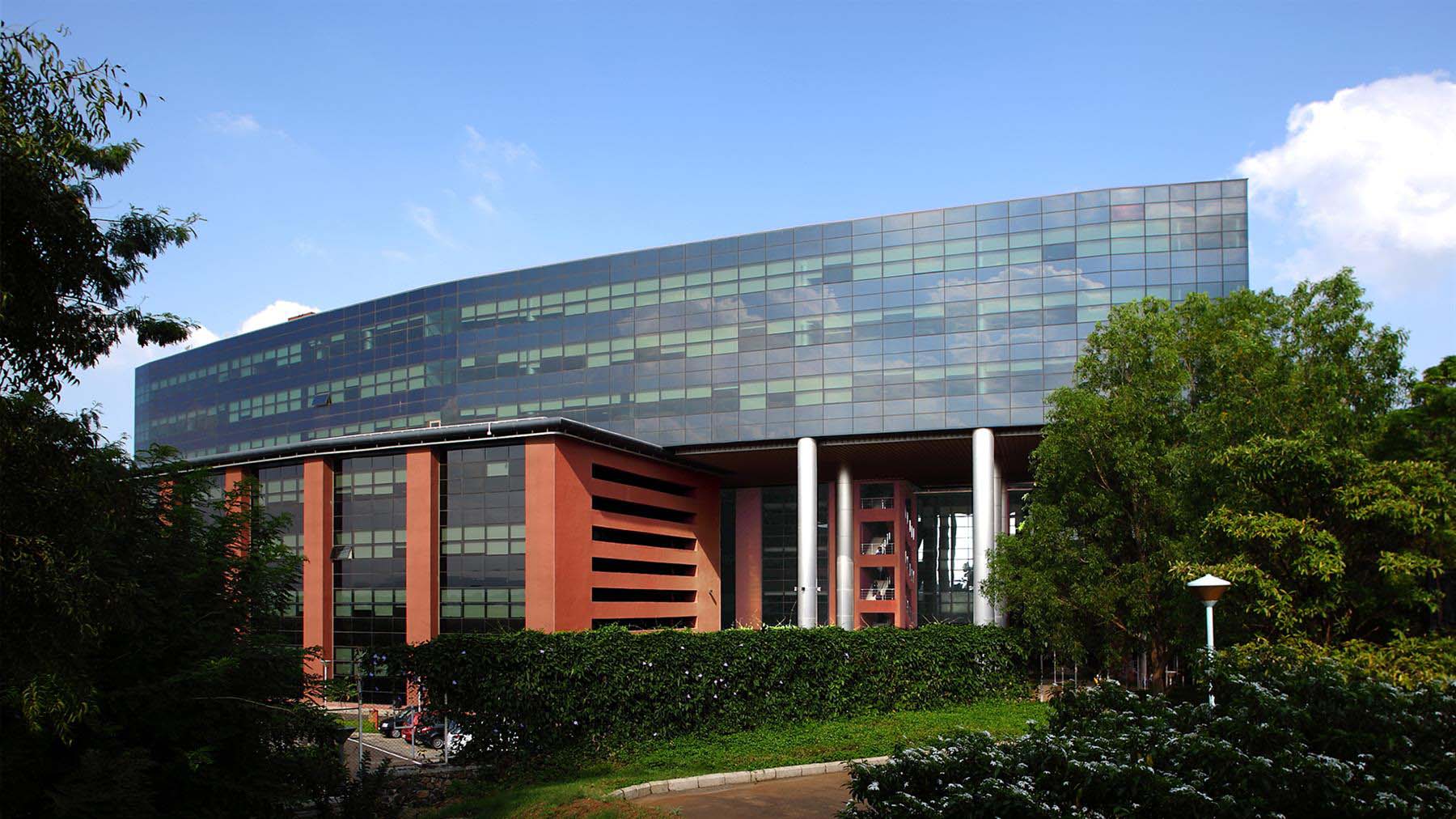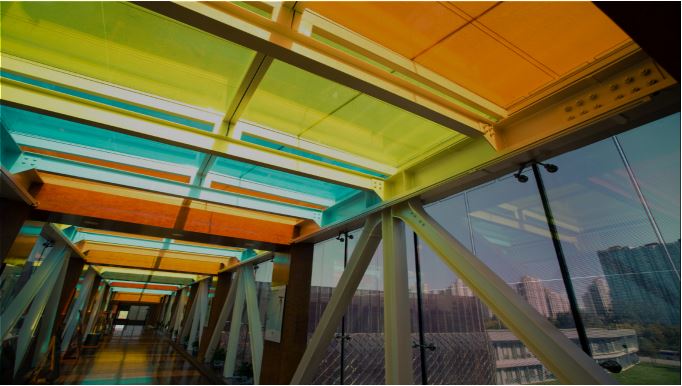Glass processing is an important industry that produces a wide range of products, including windows, flat glasses, mirrors, fire rated glass, security glass, glass bottles and many more products. However, the process of producing glass can have a significant impact on the environment.
One of the main environmental concerns associated with glass processing is the energy required to melt and mold the glass. Glass production requires high temperatures, which can result in significant greenhouse gas emissions. In addition, the raw materials used to make glass, such as sand, soda ash, and limestone, must be mined and transported, which can also contribute to environmental degradation.
To address these concerns, the glass industry is working towards sustainability by implementing a number of strategies. One of the key ways that companies are working towards sustainability is by using recycled glass as a raw material. By using recycled glass, companies can reduce the amount of energy required to produce new glass, as well as reduce the number of raw materials that need to be mined.
Another way that the glass industry is working towards sustainability is by investing in new technologies that are designed to reduce energy consumption. For example, some companies are using new methods for melting glass that require less energy, and others are developing new glass formulations that are more energy-efficient.
The glass industry is working towards sustainability by promoting recycling and recovery of glass. By increasing the rate of glass recycling and recovery, companies can reduce the amount of new glass that needs to be produced, which can help to reduce the environmental impact of glass processing.
The glass industry has a significant impact on the environment, but the industry is working towards sustainability by using recycled glass, investing in energy-efficient technologies, and promoting recycling and recovery of glass. These efforts can help to reduce the environmental impact of glass processing and promote a more sustainable future.
Why Sustainability is so Important in Glass processing?
The environmental impact of glass processing is important for a number of reasons:
- Glass production is a significant contributor to greenhouse gas emissions, which are a major cause of climate change. By reducing the environmental impact of glass processing, we can help to mitigate the effects of climate change and preserve the planet for future generations.
- The raw materials used to produce glass, such as sand, soda ash, and limestone, are often sourced from fragile ecosystems. The mining and transportation of these materials can cause significant damage to these ecosystems, which can have a ripple effect on the entire ecosystem. By working towards sustainability in glass production, we can reduce the impact of mining and transportation on the environment, and help to preserve these ecosystems for future generations.
- Sustainability in glass production can also help to conserve natural resources and reduce waste. By using recycled glass and promoting recycling and recovery of glass, we can reduce the amount of new glass that needs to be produced, which helps to conserve natural resources and reduces the amount of waste that ends up in landfills.
- Sustainability in glass production can also have economic benefits. By reducing energy consumption and using recycled materials, companies can save money on production costs. This can make glass production more cost-effective, which can help to make glass products more affordable for consumers and promote the use of glass in construction, packaging and other applications.
In summary, working towards sustainability in glass production is important as it helps to reduce greenhouse gas emissions, zero carbon, preserve fragile ecosystems, conserve natural resources, reduce waste, promote economic growth and save nature from harmful substances.
Let us know if you would like us to enhance the aesthetic look of your new or retrofit project using FG Glass.

You might also like
Feb 21, 2022 by TARIQ KACHWALA
Feb 21, 2022 by TARIQ KACHWALA
Feb 23, 2022 by TARIQ KACHWALA










